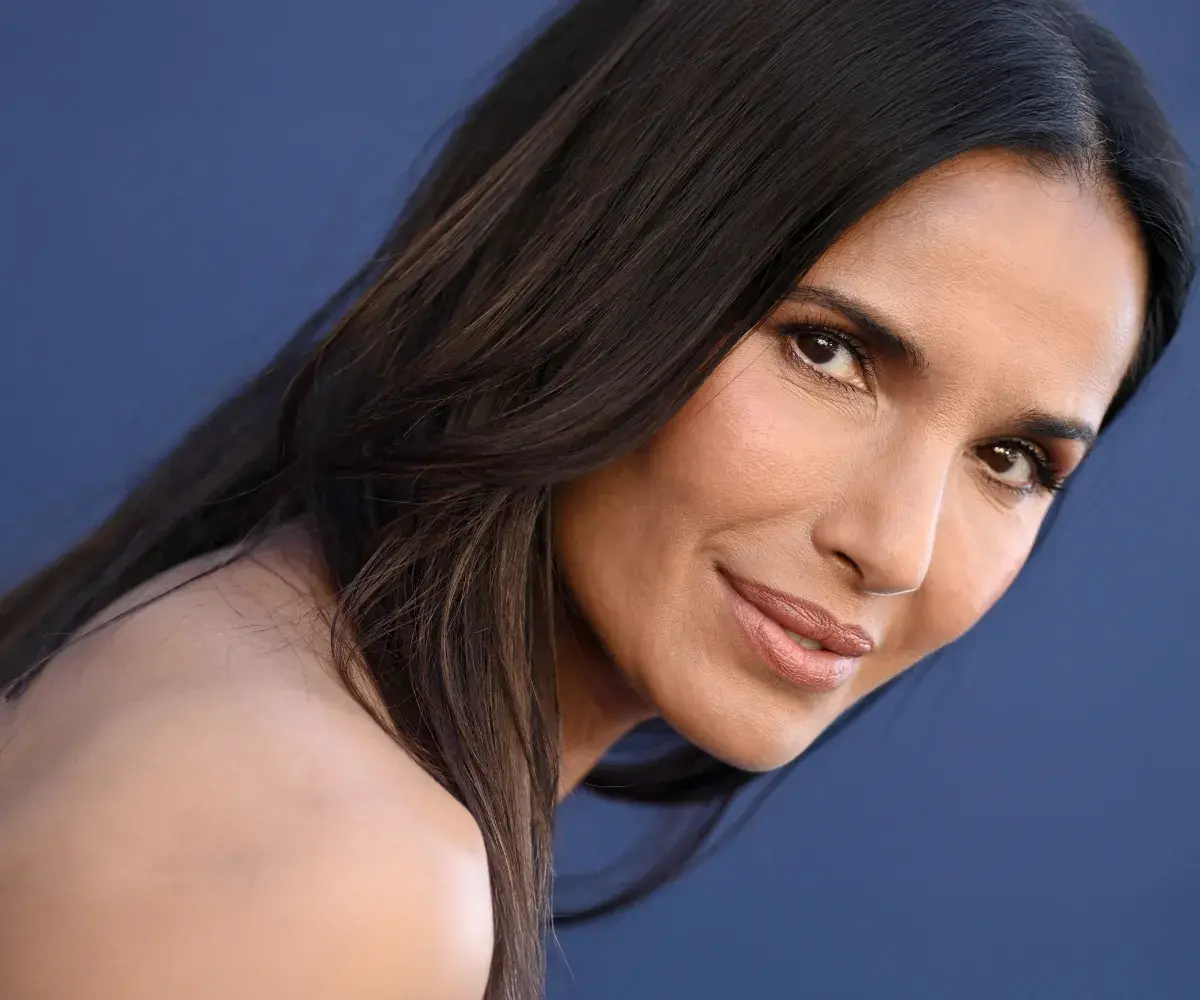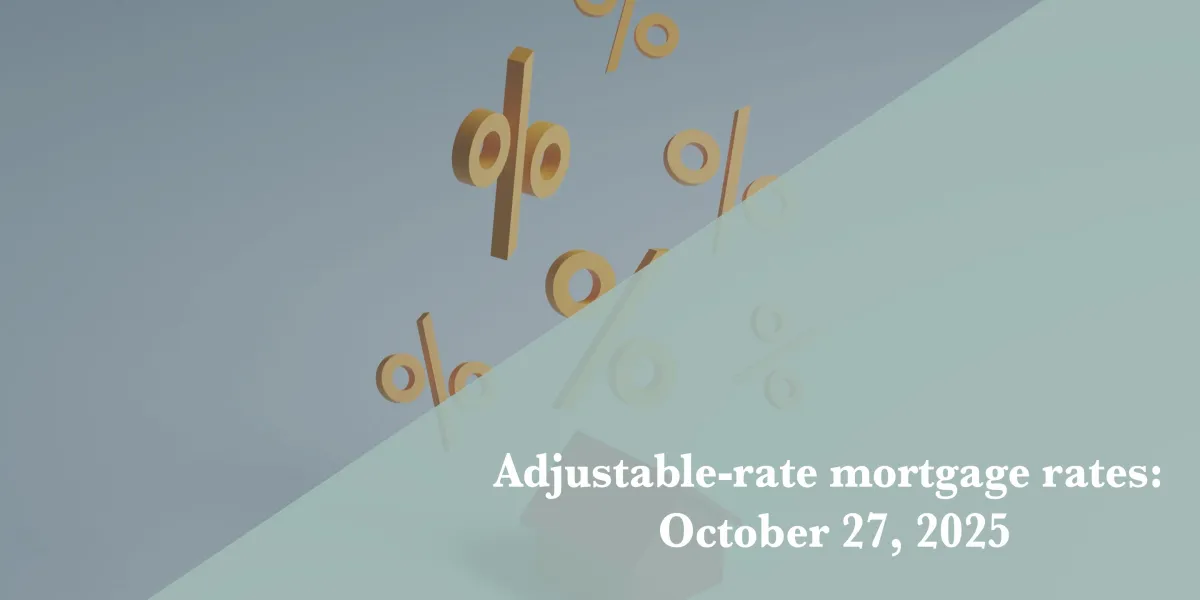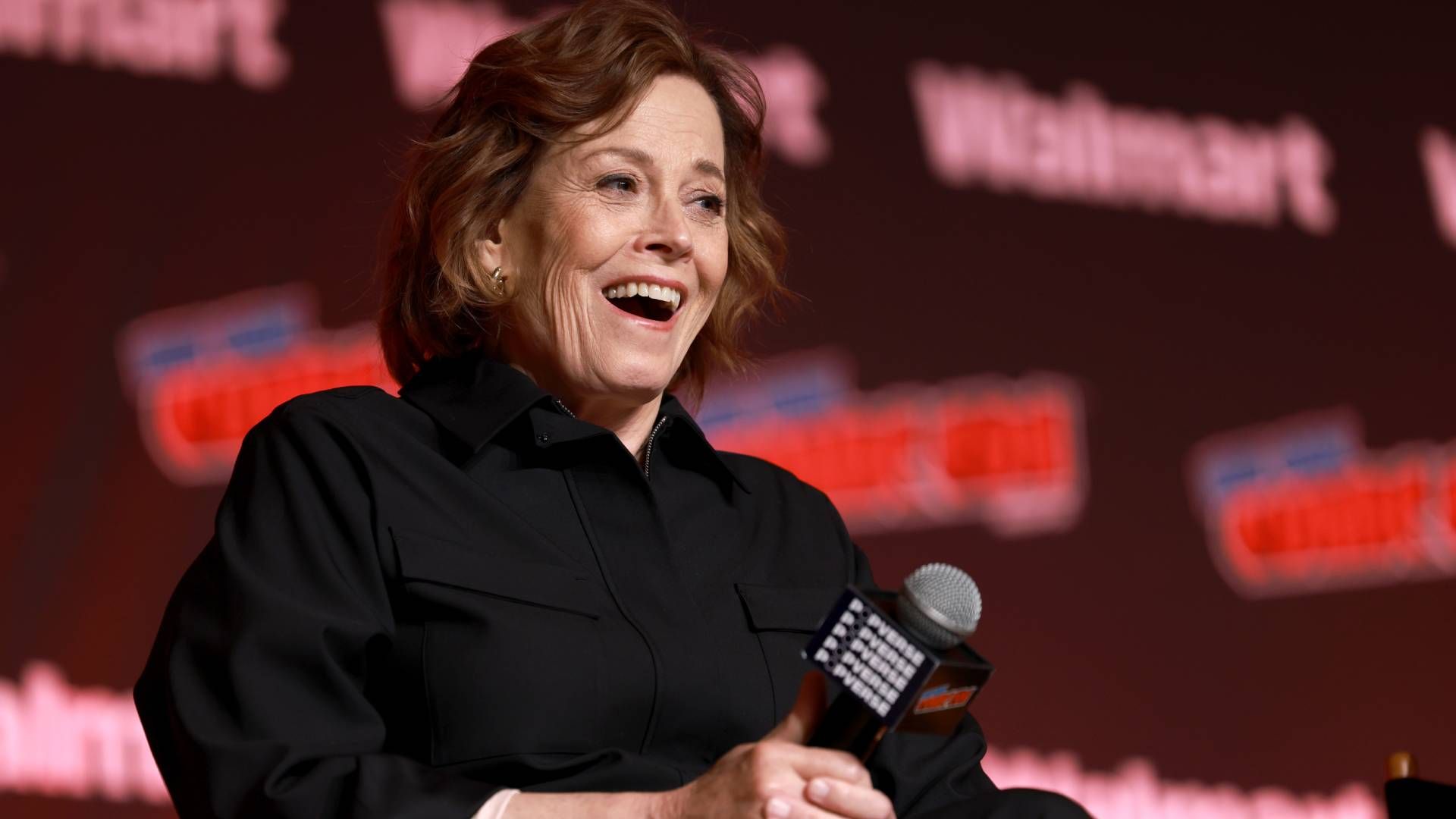Copyright Newsweek

"The food system in this country would not run without immigrants, it wouldn't." Padma Lakshmi’s new cookbook, Padma’s All American, is a natural extension of her Hulu series Taste the Nation. In fact, the documentary laid the groundwork for the book, says the former Top Chef host. “Once we had done the show, I had all these communities I had already embedded myself in.” Beyond recipes, the book carries an important message: Lakshmi “was trying to...really highlight the positive effects of having all these contributions from immigrants.” For Lakshmi, the recipes are ultimately a vehicle for connection. “I am hoping that the food will entice you, will almost be like a bait to get closer to your neighbors. Hopefully you’ll be curious enough to get to know the culture that the food came from and the people that are making this food.” Lakshmi returns to TV with the new CBS reality competition series America’s Culinary Cup, where elite chefs compete for a major prize. “It doesn’t look like any other TV set or studio I’ve ever seen.” SUBSCRIBE TO THE PARTING SHOT WITH H. ALAN SCOTT ON APPLE PODCASTS OR SPOTIFY AND WATCH ON YOUTUBE Editor's Note: This conversation has been edited and condensed for publication. You should be so proud of this book. What inspired it? Taste the Nation, which on Hulu, started off as a cookbook idea. And I wound up just showing my book proposal to my producing partner, and we were working on another show, still on immigration, and he said, "Oh my God, this is our show. And it'll be perfect to do it with food because, you know, it's a good icebreaker, right?" People will open up to you about that. So then I kind of put down the cookbook idea, not put it down, but just put it aside and developed the show. And then the show went, and then we were kind of gathering recipes at the same time, but it was very start and stop. Then, once I left Top Chef a couple years ago and had more time—for a while there, I was on the road, I wanna say seven or eight months a year. I mean, you know, I would come back home and stuff with Taste the Nation, but Top Chef, I was gone for a whole six weeks and then we would go back and do the finale. So I really didn't have time to do anything but make television. And at the end of the day, I feel like I am a writer, first and foremost, so I wanted to go back and finish the book. We had only been able to really feature three or four recipes in each episode. So I really wanted to flesh that out. And it's something that I'm curious about, and it's how I like to cook. I love to cook from different cultures. It's what keeps it fresh in the kitchen to me. So that's how the book came along. It was obviously much easier to do once we had done the show because I had all these communities I had already embedded myself in. I got to know them well, so a lot of the research that's required was already done. I love food. And I love the power of food bringing all different types of people together and the conversations that can come from that. Sure, I mean, that's a major part of the show. I mean, Taste the Nation is really more of a social commentary and a political show; it's sort of a pun on Face the Nation, masquerading as a food show. And I think people will not talk often—and now we know why—about politics or religion, but they will talk to you about their grandma's recipe or what they like to cook at home on a weekend. It's sort of a safe subject that's also still very intimate. And you know, you don't have to be a food professional to have these fully formed opinions on food. We all eat every day to survive, to thrive. And so we all feel very strongly about the kinds of foods we eat, we cook, we like to go out and experience with our friends and family. And it just became a great vehicle or Trojan horse to have those deeper, harder conversations. With Padma's All American: A Cookbook, it really does feel uniquely American. American food is international food because we don't necessarily have an American food output. I'm sure a food professional would say differently, but I feel like so much of the food that we love as Americans came from somewhere else. Oh, yeah, completely. I mean, I always say this fact, which is that, apple pie, we have that saying, "Nothing is as American as apple pie." But, [in] apple pie, not one ingredient in it comes from North America. Not even the apples are indigenous to North America, not the flour, not the lard, not the cinnamon, not the dairy and butter. All these things have been appropriated into the larger American culinary landscape. And I think, for good and bad, that is what America is really known for. It's for welcoming, inviting all these other cultures into our fold, incorporating them into American culture, sort of absorbing the best of what people bring here from their countries of origin or their heritage. Over the course of Taste the Nation, but also of putting this book together, did you learn anything new about America or being an American that struck you? Right now there's a lot of mixed feelings about being American or America as a nation. You know, I really thought long and hard and I was very split-minded about the cover, because obviously it has this giant flag on the cover. But I was surprised by even grandmothers who speak hardly a lick of English because they came here already as senior citizens. Maybe they're 80 now and they came at 55 or 60, and so they didn't learn English well and they have a very insulated life in their communities, whether it's Ukrainians in Brighton Beach or Cambodians in Lowell, Massachusetts, that they really feel American. You know, if you heard them speak or you interacted with these people, you might think, "Oh, they're fresh off the boat." And yes, you know, they have accents when they speak, their English is broken, but they've lived here for decades, and they feel very patriotic. They feel like they are part of the fabric of this nation. They want to do well. They are excited that they have this opportunity to participate in whatever their version of the American dream is. And that really surprised me even when they've been, you know the victims of some kind of Asian hate or other racism or they haven't had it as easy or, you know obviously now with all the ICE raids and stuff, it is also a very tenuous time for immigrants and everyone's feeling really vulnerable, but they still have a deep love of this country. Across all of the communities that I visited and got to know, I will tell you that we are—I mean it sounds like a cliche, but it is true—that we're really more alike than separate. Everyone complains about their children not doing the educational path that they wanted. Everyone complains about their parents not understanding them and how they wanna be different. All of those foibles that we have as part of our extended family life, exists in every culture. They're just different languages, different flavors, different accents and differently spelled names, so to speak. But it was really wonderful. It was fun to be in all of these kitchens and backs of trucks and gas stations and dance schools. And, you know, I consider myself a really well-traveled person. I wouldn't have the career I have if it wasn't for how much I've able to travel. But through the last five to seven years, going from city to city on the road, just across this nation, really gave me a better understanding of what Americans are like. And even people who differ from my personal opinions politically, they really love this country, too. Everybody thinks that their point of view is the right one. I remember talking to a guy named Maynard Haddad, who is now deceased, in a gas station. He owns this gas station in El Paso. And he loved Trump and he's voted for generations always for a Republican, which is fine. But he employs only Mexicans, half of whom have to walk across the border from Juarez every morning to go to work. And so they have to leave really early because they don't know how long that line is gonna be. They don't how hard or easy they're gonna have it. And they do that twice a day, every day. They come and they stand at his grill because it's also got like a little diner attached to this car wash. And I said to him, "But how can you agree with Trump's policies? Because the very people that your business depends on are in jeopardy of not being able to show up for work." And this is during the first Trump administration. And he just said, "Yes, I think he's wrong about immigration, but I still want to vote for him." Like, there's a disconnect in people's minds. We can, all of us—I'm not talking about any one particular group, I'm talking about the majority of people I met—all have some sort of biases, and they're able to compartmentalize their feelings. There's sort of the macro way that they feel philosophically and then the specific way that they feel about their lives. Particularly right now, like you mentioned with the ICE raids and everything, one of the things that you see is people responding by supporting local food vendors impacted. Yeah, I mean, food is a great communicator, it's why we use it so heavily in the show, and also it's the language that people are used to hearing me speak. But it's really interesting, like, I know all these Republican lawmakers who did vote for these ICE crackdowns or did show up at the southern border in bulletproof jackets and things. I went to the southern border. I've been to Matamoros and Reynosa, and I've crossed on foot, actually in August, which wasn't a great decision, but you know, crossed on foot to Brownsville, Texas, to see what that is like. And it's astonishing to me that those same lawmakers, first of all, you don't need bulletproof jackets to cross the border. You don't. Especially as a U.S. Senator. I just wanna say that was just for the cameras. That was not reality. Then Ted Cruz will still go out for a nice Mexican meal at the end of the day. And I just don't get that. It's like if you're willing to eat their food, you should be willing to see them as full humans. Whose hands do you think are making those tacos? Yes, and also find a decent way of dealing with humanity. I think even for people who aren't political, they want the treatment of people to be kinder. Of course. I mean, I was not trying to do a political cookbook, I really wasn't. Obviously, I wear my feelings on my sleeve. I always have. I just wanted to do something to combat all of this vitriol against immigration and immigrants. And, you know, I do think we need immigration reform. I do. I think the system is broken. But I also think that to negate the contributions and the importance of immigration and its value to our economic system, never mind our cultural system, our legal system, our agricultural system, our science, our technology, is really to not understand how America has evolved into the superpower that it is. And in fact, you're going to see as this continues, how much it's going to affect our food supply chain. If you look in the back of any restaurant, yes, the Chef de Cuisine and the Executive Chef may be white, [but] the whole rest of the kitchen staff is probably Black and brown, probably immigrants or children of immigrants. But really, it's incredible. The food system in this country would not run without immigrants, it wouldn't. And so many other industries, as well. I was trying to do something positive. And even, if you read the introduction, you would know that I tried to be at least very measured and not say too much against anybody, but sort of really just highlight the positive effects of having all these contributions from immigrants in our culture and specifically our food culture. It really does come through. That's the thing that I think is so wonderful about the book and the work that you're doing. Sure, everyone knows you have your own political thoughts and your own thinking, and they're very transparent, but what the book does is it shows the celebration of American food in all of its cultural diversity, and how you can find ways through political barriers to find a wonderful recipe or a wonderful story about how a recipe came about from an American that maybe has walked a different path than you. I am hoping that the food will entice you, will almost be like a bait to get closer to your neighbors, to understand them because you love their food. And hopefully you'll be curious enough to get to know the culture that the food came from and the people that are making this food. I wanted it to be a positive thing. I didn't want to get on my soapbox and kind of harangue people—it’s sort of boring and inappropriate, anyway, in a cookbook—but if you look through the book, you'll see it has essays that are long-form profiles about the different kinds of people I met along the way. Each chapter has one. All of the photography, also, that you see in the book, the food photography we did here in my house, in my kitchen, you know, the still lifes, the beauty of the recipes, but every other picture, whether it's of me or of someone else or a view or any other picture including that cover shot of me in front of that flag, were done on the road. Were caught as we were doing these giant road trips. None of that was staged. And so you hopefully really get a kaleidoscopic view of not only the people who inhabit our country, but also, geographically, the terrain and how it differs from one coast to another, from Hawaii to Carolina and so forth. Is there a recipe that stands out to you that is close to your heart in the book? There are many. I would say the Coconut Rice is something that I grew up eating all my life. And also the Cabbage Poriyal, which has a lot of the same ingredients as the Coconut Rice. Those recipes are something that really harken back to my childhood. And when I first came to this country, my mother would still make those dishes to help me feel more at home because I had a hard time eating American food in the ‘70s because it was hard to find vegetarian food. Of course, now I'm not a vegetarian. There's a recipe for goat, for Nigerian goat, which is wonderful in there. So those kind of recipes are really nostalgic for me. I tried to pay attention and include recipes that were very nostalgic for the people from that community, too. And so the hardest thing about the book is really straddling the line of making this dish approachable to someone outside of the community so they'll be enticed and curious enough to cook it, but still preserve the essence of what makes that dish so beloved by the people who share its culture. So it was a little bit of a balancing act. You're back on television, which is wonderful. You never really went away from television, but still, you're on network television. So how excited are you for CBS' America's Culinary Cup and what can we expect? Oh my gosh, I'm so excited. I have to tell you, I'm in the middle of pre-production right now. We start filming soon, and I thought I never wanted to do a competition show again, but it's different when you create it from the ground up and, you know, I have a lot of experience. It's the longest show I've done out of all my TV work. And so it really is taking everything I've learned and hopefully building a show from the ground up that I wanna make that has my stamp on it—for good or bad, we'll see. I'm very thankful and lucky that CBS entrusted me with such a large show. We're going to be airing right after Survivor 50 on Wednesday nights. That's a good lead-in. I know, it's daunting. It's a bit daunting. We'll see. You know, it's exciting. I just got back from seeing the set build out, and it's beautiful. It doesn't look like any other TV set or studio I've ever seen, which is what I wanted. Hopefully people will respond positively to it. We're giving away a million dollars, and it is really like very elite chefs. think having that prize money, not to mention CBS's might behind it, really helped us get a very high caliber of chefs.



